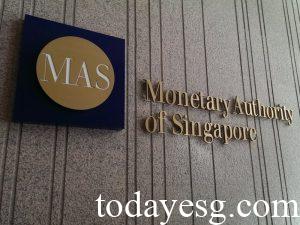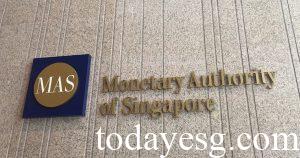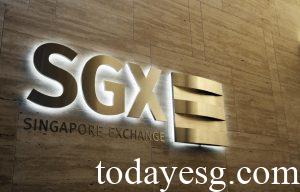Overview
Singapore’s ESG regulatory policies are mainly formulated by the Monetary Authority of Singapore. As a regulator of the financial industry, the Monetary Authority of Singapore has formulated net-zero transition guidelines for the banking, insurance and asset management industries, and launched ESG data platform Gprnt and the world’s first transition taxonomy. In terms of ESG ratings and data product supervision, Singapore has also issued regulatory documents and is gradually turning voluntary regulations into mandatory regulations.
In addition to the Monetary Authority of Singapore, the Singapore Sustainability Reporting Advisory Committee has also established corporate climate disclosure rules based on the disclosure requirements issued by the International Sustainability Standards Board.
As a commodity trading center and green finance center, Singapore’s ESG development is proceeding rapidly.

Monetary Authority of Singapore Releases World’s First Transition Taxonomy
The Monetary Authority of Singapore (MAS) has released the world’s first transition taxonomy

Monetary Authority of Singapore Launches ESG Data Platform Gprnt
The Monetary Authority of Singapore (MAS) launched the ESG data platform Gprnt

Monetary Authority of Singapore Releases Guidance on Net Zero Transition for Asset Managers
The Monetary Authority of Singapore (MAS) has released guidance on net zero transition for asset managers

Monetary Authority of Singapore Releases Guidance on Net Zero Transition for Insurers
The Monetary Authority of Singapore (MAS) has released guidance on net zero transition for insurers

Monetary Authority of Singapore Releases Guidance on Net Zero Transition for Banks
The Monetary Authority of Singapore (MAS) has released a consultation paper to provide guidance on net zero transition for banks

Monetary Authority of Singapore Plans to Invest in ESG FinTech
The Monetary Authority of Singapore (MAS) plans to invest 150 million Singapore dollars, aiming to promote ESG FinTech

Singapore Plans to Establish Corporate Climate Disclosure Rules
The Sustainability Reporting Advisory Committee (SRAC) of Singapore plans to establish corporate climate disclosure rules to achieve sustainable transition strategies

Monetary Authority of Singapore Proposes Regulation on ESG Rating Services
Regulation on ESG Rating Services The Monetary Authority of Singapore has released regulation on ESG rating services, which are intended
